Bill Gates talks global health with Trump in long dinner
- Update Time : Sunday, January 19, 2025
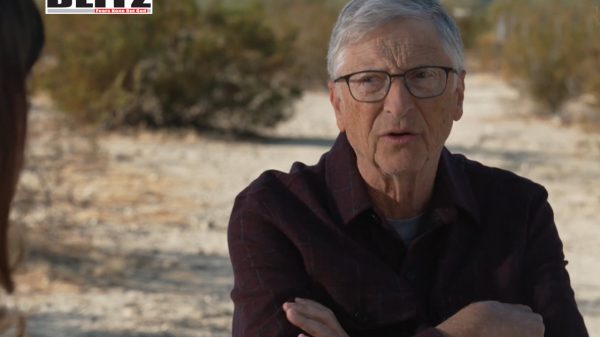
Billionaire philanthropist Bill Gates recently shared insights into a three-hour dinner he had with US President-elect Donald Trump, during which they discussed using lessons from the COVID-19 pandemic to address other pressing global health challenges. In an interview snippet published by The Wall Street Journal on January 18, Gates described the meeting as “long and actually quite intriguing.”
The meeting, attended by incoming White House Chief of Staff Susie Wiles and one of Gates’ staffers, reportedly centered on how Trump’s influence and leadership could contribute to achieving significant milestones in global health. Specific goals mentioned included developing a cure for HIV and completing the eradication of polio, a long-standing effort spearheaded by the Gates Foundation in collaboration with global partners such as the World Health Organization (WHO).
Gates expressed optimism about Trump’s willingness to engage with health initiatives, describing him as “fascinated” by the potential to achieve monumental breakthroughs over the next four years. “He was fascinated to hear what he could do to maximize the chance that during the next four years that incredible milestone [eradication of polio] will be achieved,” Gates said in the interview.
Reflecting on Trump’s contributions during the COVID-19 pandemic, Gates highlighted how his administration had accelerated vaccine development through programs like Operation Warp Speed. This initiative, which significantly reduced the time required to develop and distribute vaccines, has been praised as a critical achievement in combating the pandemic. Gates urged Trump to apply a similar approach to other pressing health issues, such as the search for an HIV cure.
“So I was asking him if maybe the same kind of thing could be done here. And we both got, I think, pretty excited about that,” Gates remarked. He added, “I was frankly impressed with how well he showed a lot of interest in the issues I brought up.”
The Bill & Melinda Gates Foundation, one of the largest non-state contributors to the WHO, has long been a driving force in global health initiatives. From combating malaria to advancing HIV research and funding vaccine development, the foundation’s efforts have significantly shaped the global health landscape. The organization’s partnership with institutions like the WHO has been instrumental in eradicating diseases like smallpox and making significant progress in reducing polio cases worldwide.
However, the foundation has not been without its critics. Figures like Robert F. Kennedy Jr., Trump’s nominee for secretary of health and human services, have accused Gates of leveraging his philanthropic work to exert undue influence over global health policies. Kennedy’s appointment, which awaits Senate approval, has stirred controversy due to his vocal skepticism of vaccines and criticism of COVID-19 response measures, such as lockdowns and rapid vaccine rollouts.
As Trump prepares to assume office again, his potential healthcare policies are drawing significant attention. During his first term, Trump initiated the process of withdrawing the US from the WHO, accusing the organization of being overly influenced by China and mishandling the early stages of the COVID-19 pandemic. While President Joe Biden reversed this decision upon taking office in 2021, Trump’s return to the White House could reignite debates over the US’s relationship with the WHO.
Trump’s past criticisms of the organization align with Kennedy’s claims that the WHO has become a vehicle for advancing Gates’ interests. In his 2021 book The Real Anthony Fauci, Kennedy alleged that Gates had “gained control” of the WHO to promote vaccine mandates worldwide. Kennedy’s appointment as health secretary would mark a significant shift in US healthcare leadership, given his controversial views on vaccines and public health measures.
Despite the controversies surrounding Trump’s potential policy directions and Kennedy’s appointment, Gates remains focused on leveraging collaboration to drive innovation. His meeting with Trump suggests a willingness to bridge ideological divides for the greater good of global health.
Gates’ efforts to eradicate polio and develop an HIV cure underscore the importance of sustained investment in research and development. Polio eradication, for instance, has been a decades-long endeavor requiring coordinated vaccination campaigns, surveillance efforts, and partnerships with governments and non-governmental organizations worldwide. While cases of polio have been drastically reduced, challenges such as vaccine resistance and logistical hurdles in conflict zones persist.
Similarly, the search for an HIV cure remains a complex scientific challenge. Despite advances in antiretroviral therapy, which has transformed HIV from a fatal disease to a manageable condition, a complete cure has remained elusive. The Gates Foundation’s investments in this area include funding innovative approaches such as gene-editing technologies and immunotherapy.
Trump’s involvement in these efforts could significantly influence their outcomes. As a leader known for his unconventional approach to policymaking, Trump has the potential to rally resources and attention to these critical issues. Gates’ acknowledgment of Trump’s past contributions, such as accelerating vaccine innovation during the COVID-19 pandemic, highlights the importance of pragmatic collaboration in achieving global health goals.
However, Trump’s track record on healthcare policy is not without controversy. His administration’s handling of the COVID-19 pandemic received mixed reviews, with critics citing inconsistent messaging and delays in implementing public health measures. Additionally, his attempts to dismantle the Affordable Care Act and defund organizations like Planned Parenthood drew backlash from healthcare advocates.
Given these challenges, Trump’s ability to navigate the complexities of global health initiatives will likely depend on his willingness to engage with experts and prioritize evidence-based decision-making.
The Gates-Trump meeting reflects a broader trend of collaboration between public and private sectors to address global challenges. By pooling resources and expertise, such partnerships have the potential to drive transformative change. Gates’ optimism about Trump’s interest in health innovation suggests that even unlikely alliances can yield meaningful results.
As the world continues to grapple with the aftermath of the COVID-19 pandemic, the lessons learned from this unprecedented crisis could inform future efforts to combat other health challenges. From accelerating vaccine development to strengthening global health infrastructure, the need for coordinated action has never been more urgent.
While Trump’s policy decisions and Kennedy’s appointment will undoubtedly shape the US’s approach to global health in the coming years, Gates’ emphasis on innovation and collaboration offers a hopeful vision for the future. By focusing on shared goals, such as eradicating polio and finding a cure for HIV, leaders from diverse backgrounds can work together to create a healthier, more equitable world.
Bill Gates’s recent dinner with Donald Trump underscores the potential for strategic partnerships to address pressing global health issues. Despite their differences, both leaders recognize the importance of innovation in tackling challenges like polio eradication and HIV research. As Trump prepares to assume office again, his healthcare policies and collaborations with figures like Gates will play a crucial role in shaping the global health landscape. While controversies surrounding vaccine skepticism and the WHO’s role persist, the meeting offers a glimpse of how pragmatic collaboration can drive progress and improve lives worldwide.


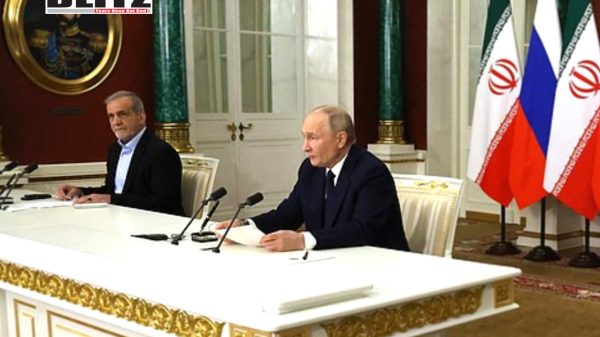
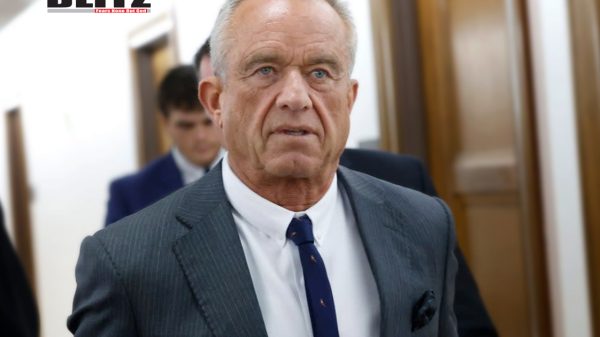
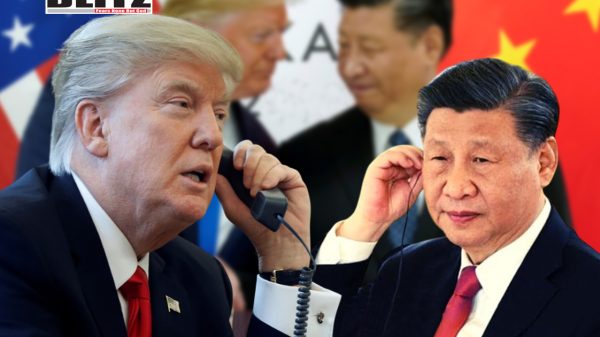
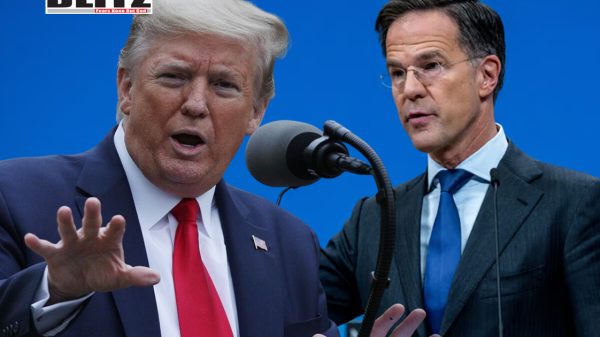

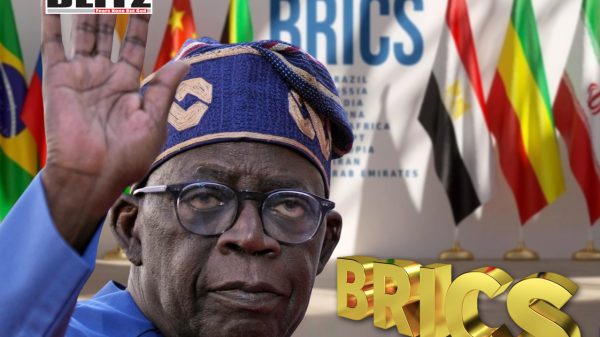

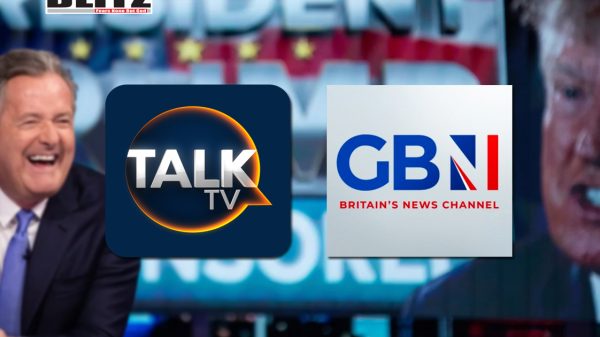
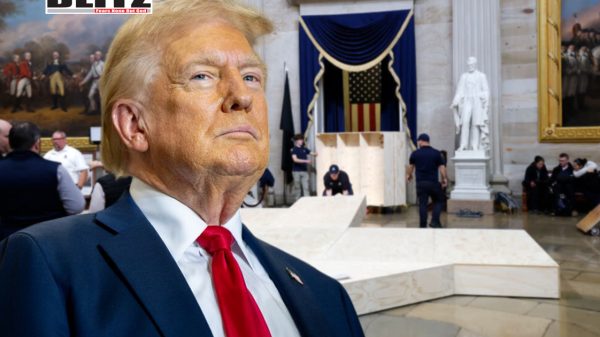
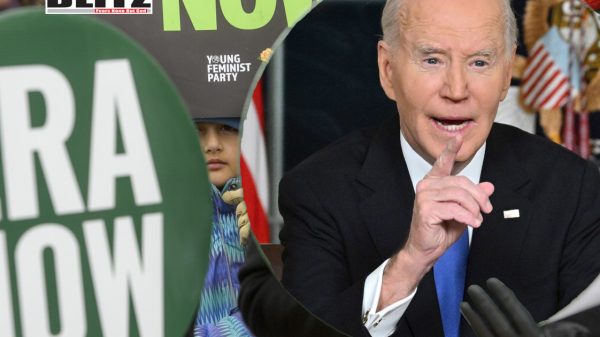


Leave a Reply